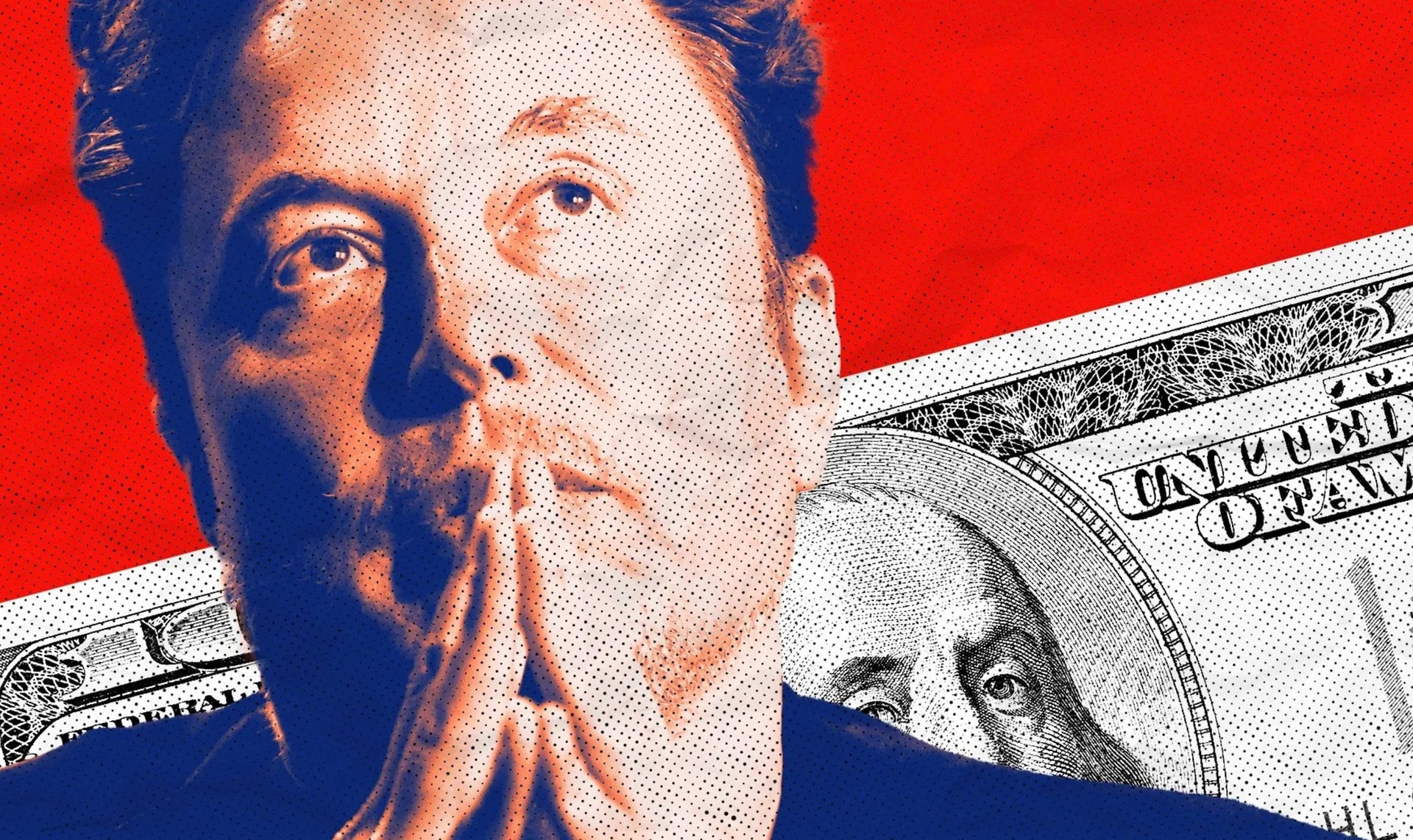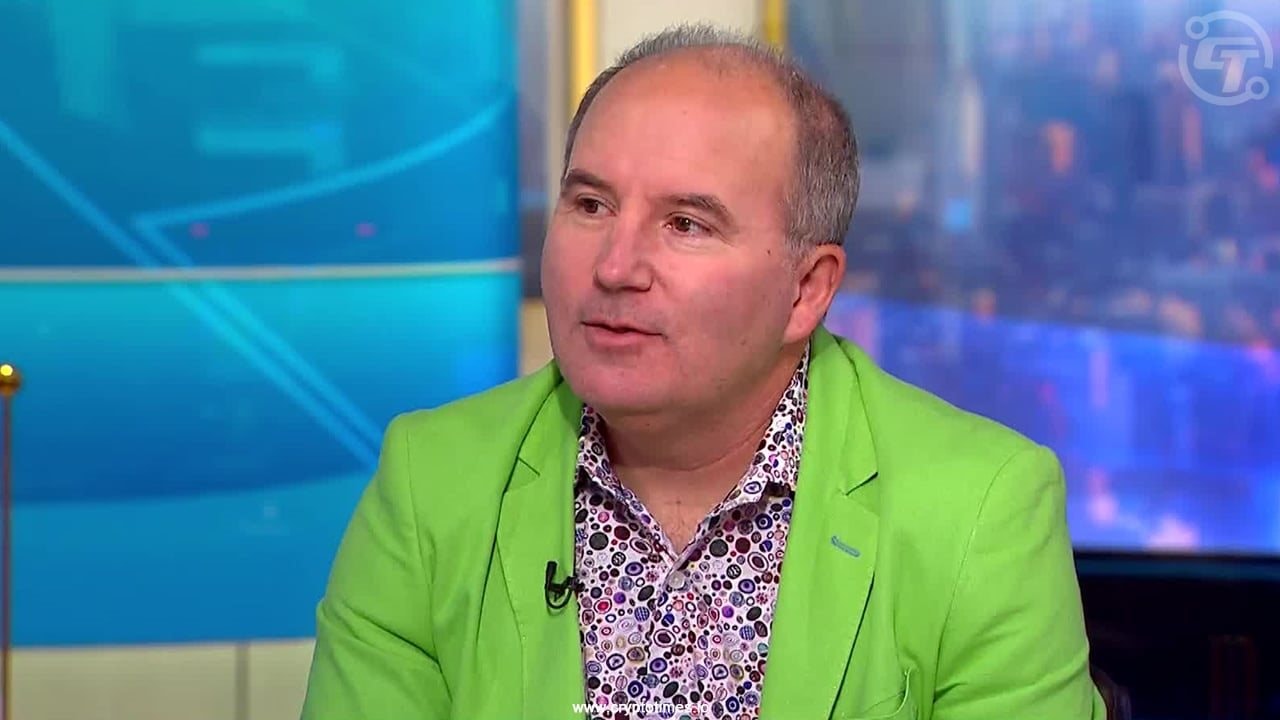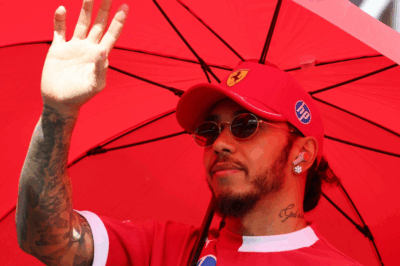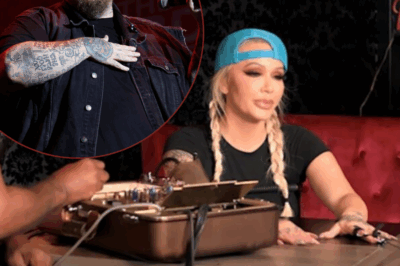Tesla pro-Kremlin expert angers Elon Musk with proposal for new compensation package and political oversight

Tesla CEO Elon Musk has called on Dan Ives to “shut up” after the prominent analyst at private financial services firm Wedbush Securities made three recommendations to the board of the American electric carmaker.
Dan Ives has long been considered one of the most bullish Tesla supporters on Wall Street. With a $500 price target on Tesla shares, he has the highest forecast among analysts tracked by technology and financial data firm FactSet.
However, on July 8, Dan Ives posted comments criticizing Elon Musk’s political activities after the world’s richest billionaire announced over the weekend that he was forming a new political party called the America Party, to challenge Republican candidates who voted in favor of the spending bill called “The Big and the Beautiful Act” (OBBBA) backed by President Donald Trump.
Dan Ives’s post on social media X came after Tesla shares fell nearly 7% on July 7, wiping $68 billion off the company’s market capitalization.
Dan Ives is calling on Tesla’s board to create a new compensation package for Elon Musk that would give him 25% voting power, pave the way for a merger with xAI, set guidelines on how much time the billionaire must spend at Tesla, and monitor his political activities.
xAI is an artificial intelligence (AI) startup founded and run by Elon Musk.
To top it off, Dan Ives also released a longer report with other Wedbush Securities analysts titled “ Tesla Board Must Act and Set Musk on Principles; This Drama Must End .”
Analysts say Elon Musk’s creation of the America Party is the “last straw” in the Tesla saga, requiring the board to act to rein in the erratic CEO.
However, Wedbush Securities maintained its “buy” rating and price target on Tesla shares.
“Shut up, Dan,” Elon Musk wrote on X, even though the first of the three recommendations from the famous analyst would actually give the 54-year-old American billionaire the voting rights he has long wanted at Tesla.
“Elon has his own views and I understand that, but we remain confident that this is the right direction for the board,” Dan Ives said in an email to CNBC .
 Elon Musk angry about Dan Ives’ proposal – Photo: Internet
Elon Musk angry about Dan Ives’ proposal – Photo: Internet
 Dan Ives is currently Head of Global Technology Research at financial services firm Wedbush Securities – Photo: Internet
Dan Ives is currently Head of Global Technology Research at financial services firm Wedbush Securities – Photo: Internet
Elon Musk’s massive 2018 compensation package, worth an estimated $56 billion and growing, was invalidated by a Delaware court last year. Judge Kathaleen McCormick ruled that Tesla board members lacked independence from Musk and failed to negotiate objectively with the company’s CEO.
Tesla is appealing that case to the Delaware Supreme Court and seeking to determine Elon Musk’s next compensation package.
Some Tesla supporters criticize Elon Musk for meddling in politics
Dan Ives isn’t the only one who once supported Tesla but now criticizes Elon Musk for his constant political involvement.
Analysts at private equity firm William Blair downgraded Tesla shares from “buy” to “hold” on July 7, citing Elon Musk’s political plans and statements, along with the negative impact of the recently passed OBBBA by the US Congress, which could impact Tesla’s profit margins and electric car sales.
“We believe investors are losing patience with distractions at a time when Tesla needs Elon Musk most. His return to politics is risky. We would prefer he channel that energy into the robotaxi project at this critical time,” William Blair analysts wrote.
James Fishback, a Trump supporter and CEO of hedge fund Azoria Partners, said on July 5 that his firm had postponed the listing of the Azoria Tesla Convexity exchange-traded fund, which would invest in Tesla shares and options. “Elon has gone too far,” Fishback began his post on X.
“I am calling for an immediate board meeting and asking Elon to clarify his political ambitions and assess whether they are compatible with his role as full-time CEO of Tesla,” James Fishback wrote.
On July 5, Elon Musk announced that he had founded the American Party, which he said would “bring freedom to Americans.” However, the billionaire did not reveal specific details such as where the party would be registered, how much it would be funded, or which candidates it would support.
Since the beginning of 2025, Tesla shares have fallen about 25%, significantly lagging US stock indexes and being the worst performer among major technology companies.
Elon Musk spent much of the first half of the year working with the Trump administration, leading efforts to reduce the size of the federal government as head of the Office of Government Efficiency (DOGE). Elon Musk’s official government service ended at the end of May, and the Tesla CEO’s public spat with Trump over a spending bill and other issues followed.
Robyn Denholm (Tesla Chairman of the Board), Elon Musk and Travis Axelrod did not respond to CNBC’s requests for comment.
Travis Axelrod is the head of investor relations, acting as a go-between for Tesla and its shareholders, investors, and the financial media.
Why Elon Musk is against OBBBA
The most important part of OBBBA is the tax cuts for individuals and businesses, which were a central policy promise of Mr. Trump during his election campaign. OBBBA would permanently extend the tax cuts from the 2017 Tax Cuts and Jobs Act, which Mr. Trump passed during his first term and were set to expire at the end of this year.
Additionally, the law would eliminate income tax on tips and overtime pay for workers (a provision that expires in 2028).
Notably, OBBBA would add more than $170 billion to the budget for anti-immigration activities. Similarly, the defense budget would increase by more than $150 billion, some of which would go to Golden Dome, Trump’s ambitious continental missile defense system. The total of these spending levels would result in nearly $5 trillion in additional budgetary spending.
To reduce the impact of this huge expenditure on the budget and the US public debt of more than 35,000 USD, the Trump administration proposed cutting 3 major expenditures. Specifically, the largest expenditure that OBBBA plans to cut is nearly 1,000 billion USD from the federal health insurance program for low-income people and people with disabilities (Medicaid).
The second-largest spending cut is green transition programs under the Biden administration’s Deflationary Reduction Act (estimated at $490 billion). Support spending that would be eliminated includes electric car tax credits and home electric vehicle charging. The final major spending cut is anti-poverty or food stamp programs (estimated at more than $260 billion).
The cuts to Medicaid are expected to have a profound impact on the US welfare system. According to estimates by the Congressional Budget Office, nearly 12 million Americans will lose health insurance by 2034, leading to widespread opposition from Democratic lawmakers.
Notably, many of Trump’s supporters are also among those affected. Several members of the MAGA (Make America Great Again) group loyal to President Trump, including Steve Bannon, a close adviser to the president during his first term, have criticized the Medicaid cuts, saying that the move would negatively affect President Trump’s supporters.
Similarly, cuts to funding for green transition programs have also been widely criticized, as they have impacted even the names investing in this area, including Elon Musk.
So it’s no surprise that Tesla’s CEO is against OBBBA. But Elon Musk’s main argument for opposing OBBBA is that the bill would add massively to the national debt. “Every member of Congress who advocates for cuts to government spending and then immediately votes to increase the debt by the largest amount in history should hang their heads in shame,” Elon Musk wrote on X.
Despite the drastic cuts, the reality is that the additional spending needed is still large. Estimates vary, but generally, the US debt will increase by at least $3 trillion. To account for the rising debt, the “big and beautiful” law would raise the debt ceiling by $5 trillion.
OBBBA is a new economic policy bet by Mr. Trump. The US President hopes to extend tax cuts, along with reducing many regulations on banks and some businesses, while pressuring the Fed (Federal Reserve) to lower interest rates, thereby creating growth.
In fact, some of the effects are real, such as the provision that would encourage investment. Accordingly, businesses would be able to deduct the full cost of research and development and depreciate their assets more quickly.
Reducing banking regulations and cutting taxes could stimulate demand in the economy. Republicans also argue that changes to welfare spending would encourage more Americans to work, reducing the number of lazy people waiting on benefits, thereby stimulating economic growth or at least reducing pressure on the labor supply chain.
“The economy will explode in capital investment. Jobs will increase, wages will increase,” OBBBA supporters said. “We will see the kind of growth and strength that this country wants.” Senate Finance Committee Chairman Mike Crapo said.
The problem, however, is that these benefits may not be as large as President Trump and his advisers expect. If growth falls short of expectations, the burden of public debt as a share of GDP will be higher than forecast.
“Republicans and economists agree in principle that tax cuts will increase consumer spending and business investment, boosting short-term growth,” The Wall Street Journal noted . “But they disagree sharply on the size of that growth.”
“OBBA will add significantly to the national debt, but no one seems too worried about that. The long-term risks to the US economy are real and growing,” according to the Economist .
According to some economists, OBBBA will not achieve the “boom” that Republicans hope for. They warn that the policy of extending the tax cut program will not be able to have much impact on the US economy, especially when the cost of living is high and the uncertainty caused by tariffs. When growth is not as expected, the risk of public debt/GDP rising and getting out of control.
News
Ferrari fans will love Lewis Hamilton’s final radio message after ‘incredible’ Italian Grand Prix comeback
Lewis Hamilton came home to finish P6 at his maiden Italian Grand Prix in Ferrari colours. The seven-time world champion…
So Hot!!! Zoë Kravitz and Harry Styles have taken their budding romance to the next level
Zoë Kravitz introduces new boyfriend Harry Styles to rock legend dad Lenny – as trendy trio enjoy NYC lunch amid…
Tommy Fleetwood ‘overwhelmed’ by reaction to Tour Championship win with Tiger Woods and LeBron James among those to congratulate him
Tommy Fleetwood says reaction to his breakthrough PGA Tour win at the Tour Championship, with Tiger Woods and LeBron James…
Megan Moroney talks about her Riley Green shirt and confirms her current relationship status
Megan Moroney Confirms Her Relationship Status On VMAs Red Carpet Anthony Behar/Sipa USA/Alamy Live News Sounds like she’s very single….
After Taking a ‘Lie Test’ to Clear Up Online Rumors About Her Relationship with Jelly Roll, Bunnie Xo Turns the Lie Detector Into a Brick
“Swingers? Sugar Daddies? Marrying For Money?” – Bunnie Xo Takes Lie Detector Test To Address Online Rumors About Relationship With…
Megan Moroney Made Country Music History at the VMAs. Here’s What She Had to Say
Megan Moroney Is “Not Okay” After Making Country Music History at the VMAs Megan Moroney made country music history last…
End of content
No more pages to load












